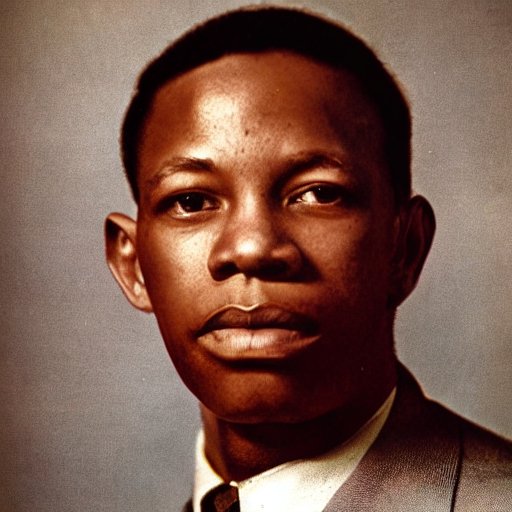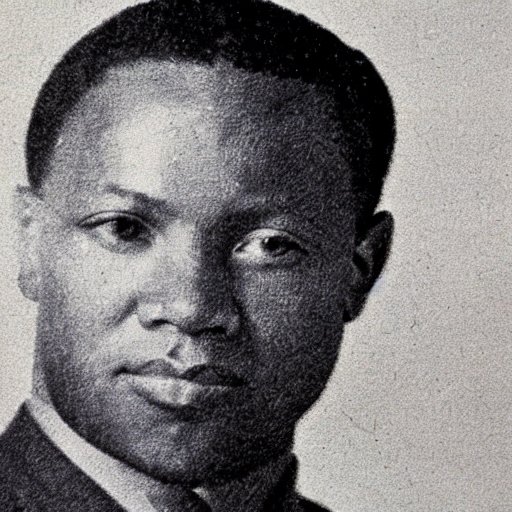Charles Richard Drew


Charles Richard Drew was an African American physician, researcher and inventor who overcame great hardship in his early life to become one of the most accomplished figures of his time.
Drew was born in 1904 in Washington D.C., the son of a former Pullman porter. Despite the end of slavery, he and his family faced severe poverty and discrimination in the years that followed. Despite these challenges, Drew was determined to pursue an education and worked tirelessly to achieve his goals.
Drew received his Bachelor of Science from Amherst College in Massachusetts and later earned his Doctor of Medicine from McGill University in Canada. He then went on to complete a surgical internship at Montreal General Hospital and a fellowship in surgery at John Hopkins School of Medicine.
Drew's most notable contribution was in the field of blood banking. He developed a system for the long-term preservation of blood plasma, which allowed for the safe storage and transportation of blood products. He also established the first blood bank in the United States, the Blood for Britain project, which supplied blood to the British military during World War II.
Drew's achievements were recognized by many organizations and awards. He was awarded many honoraries degree and was honored by the National Medical Association with the Plumeri Award for his contributions in the field of blood banking.
Drew's life and work have had a significant impact on the field of medicine and science. His contributions to blood banking have saved countless lives, and his work has had a lasting impact on the field of medicine. His legacy continues to be celebrated today, as an example of what can be achieved through hard work, determination, and a passion for innovation, even in the face of great hardship.
Despite his notable achievements, Drew also faced discrimination in his career due to his race. He was not allowed to treat white patients in certain hospitals, and at one point was fired from a position at a hospital because of his race. Drew did not let these setbacks discourage him, and he continued to work tirelessly to improve the field of blood banking and save lives.
Drew also made significant contributions to the education of African American medical students. He served as the first African American chief surgeon at Freedmen's Hospital in Washington D.C and was also the first African American examiner for the American Board of Surgery. He was also a professor at Howard University and later at the Charles R. Drew Postgraduate Medical School in Los Angeles.
In conclusion, Charles Richard Drew was an outstanding physician, researcher and inventor who made significant contributions to the field of medicine, specifically in the field of blood banking. His contributions have saved countless lives and have had a lasting impact on the field of medicine. Despite the discrimination he faced, he persevered and continues to be an inspiration to many, particularly in the African American community. His legacy continues to be celebrated today, as an example of what can be achieved through hard work, determination, and a passion for innovation, even in the face of great hardship and discrimination.
Like this content? Leave a comment & share!